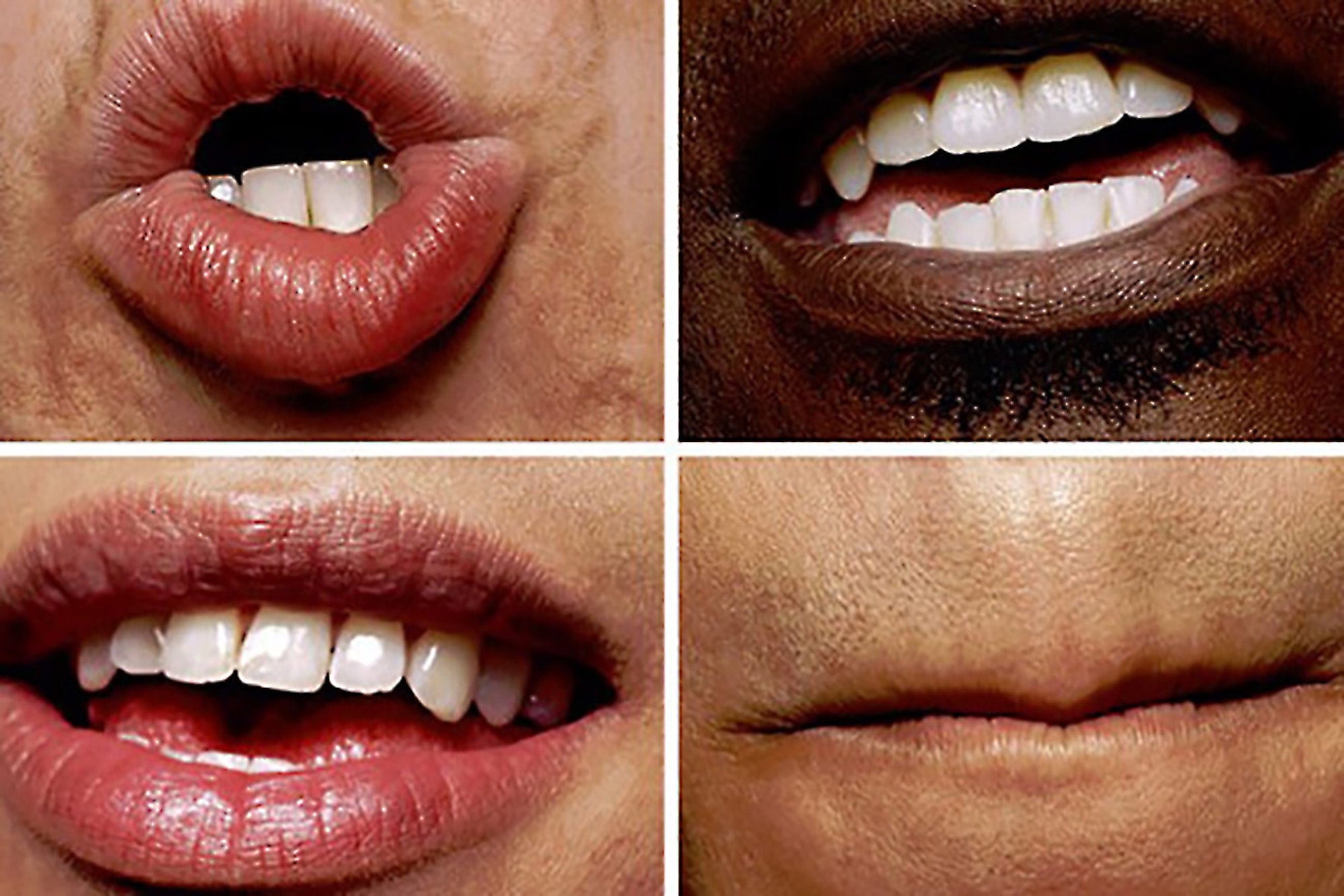7 Idioms Almost Everyone Gets Wrong The English language changes constantly, but sometimes it retains sayings that use words and meanings that have fallen out of favor. That leads to inadvertent mistakes.
By Matt Wilson
This story originally appeared on PR Daily

The English language is old. Like, really old.
It's old enough that its speakers use a good many idiomatic sayings that were thought up decades or even centuries ago, and that use words people don't really say much anymore.
That can turn into a problem when those out-of-date words sound like other, much more common words. Especially if the sound-alike word makes a certain sort of sense in the context. Here's the thing, though: It's still wrong, even if it seems right.
Take a look at these eight examples of often-misused idioms and be sure to use the right word in your own writing.
Wrong: "She hung in there like a trooper."
Right: "She hung in there like a trouper."
Groups of actors and dancers still travel around in troupes today, but not nearly as much as they once did. Far more commonly discussed nowadays are military troops or police troopers. It makes some degree of sense to think that a saying that describes fortitude would refer to a tough cop or soldier, but it's actually about the "show must go on" mentality of an actor.
Wrong: "Let's give him free reign."
Right: "Let's give him free rein."
We're talking about offering someone full independence to make a decision, so it's understandable that someone might think this saying would be about royal authority. It's really about horses, though. When someone is riding, "free rein" means they're allowing the horse to move about as it wishes. This is simply applying that horse lingo to a person.
Wrong: "We'll tow the line."
Right: "We'll toe the line."
Folks are used to talking about boats or trucks towing other vehicles using a rope or a chain. It's easy to make the connection to this saying. The correct word is toe. The origin of this phrase is cause for some debate. We might be talking about the digits of a foot. Some say it's about kids lining up for the roll call at school, others say it's about barefoot sailors lining up to stand at attention. Still others say "toe" means to draw, as in a boundary line.
Wrong: "She was chomping at the bit."
Right: "She was champing at the bit."
Once again, we can thank horses for this idiom. It's got a pretty cut-and-dried meaning, in that it's about figuratively chewing away on a metal mouthpiece, which would be showing impatience or eagerness. In fact, "chomp" is a sort of variant of the older "champ." They both mean noisily chewing on something, but "champ" is the term that has long been associated with this idiom.
Wrong: "Wrack your brain about it."
Right: "Rack your brain about it."
To "wrack" something is to wreck or destroy it. Sometimes, when you're pounding your head against a wall to come up with an idea, it can definitely feel like you're doing some damage to the old noodle. But the correct term here is "rack," which isn't related to the noun form of the word. The verb form literally means "to strain."
Wrong: "He'll get his just desserts."
Right: "He'll get his just deserts."
Sayings such as, "Revenge is a dish best served cold," have created a sort of connection between food and someone's getting their comeuppance. A lot of people think this saying extends that connection, but it doesn't. The problem is that "desert," which is a wholly separate word from the one that describes big, dry, sandy places, is a homophone for "desserts." Here, "deserts" means "what one deserves." That meaning has almost entirely fallen out of use, except in this phrase.
Wrong: "I'm waiting with baited breath."
Right: "I'm waiting with bated breath."
Let's get past the very confusing notion of how someone would bait his or her breath to begin with and simply say that "bated" here is actually a contraction, despite the lack of an apostrophe. The full word would be "abated." The person is holding his or her breath, not attracting something with it.
What are some other idiomatic phrases you see people often getting wrong in their writing?











